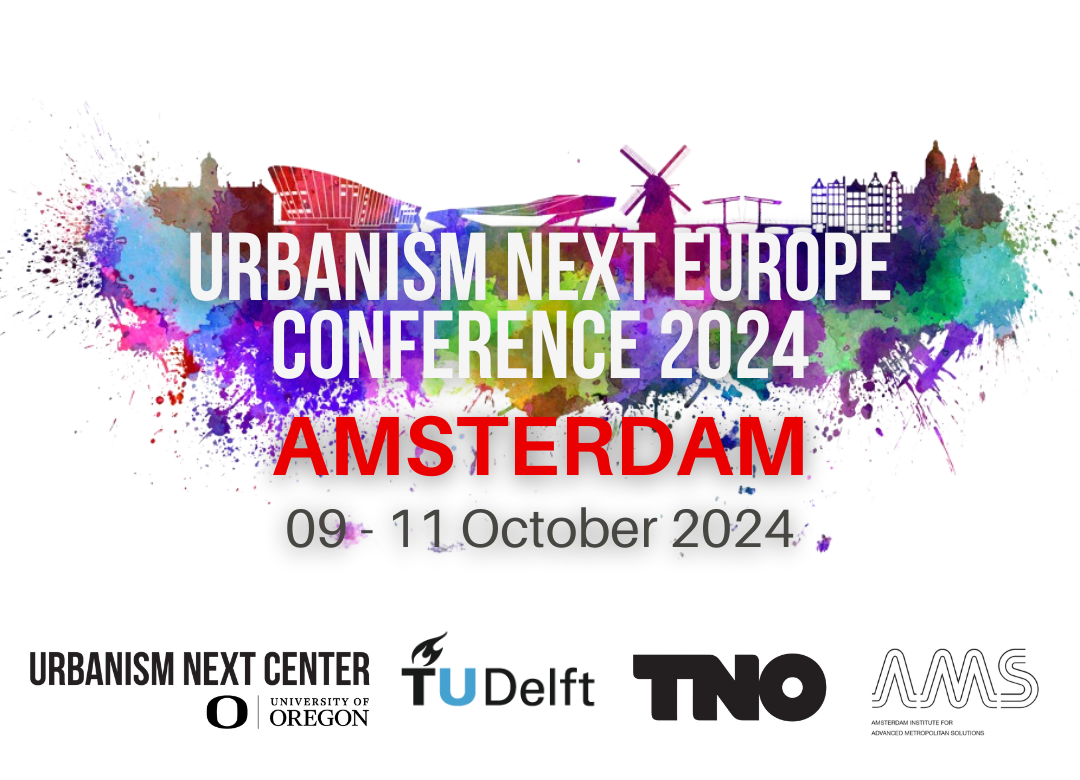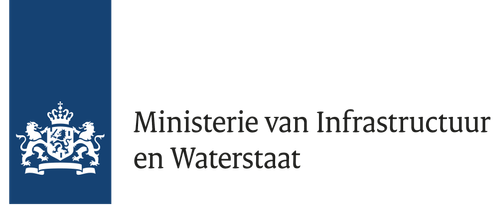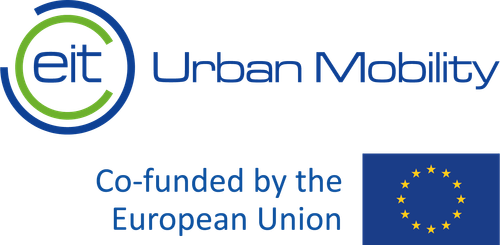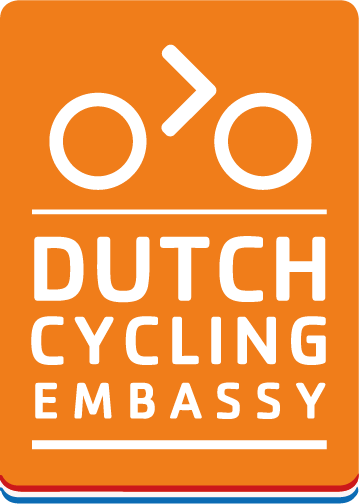
 Go Back
Go Back
Trade and Travel: the Potential of Tradeable Mobility Credits as a Means to Manage and Steer Travel Demand
Location: Room - Diamond
Tradeable Mobility Credits (TMC) are a measure for managing travel demand based on a concept similar to carbon (emissions) trading. Individuals receive credits to pay for their travel needs and may buy/sell credits as they wish. In the session, participants will delve into the topic of TMC by taking part in a real-time serious game, making mode choices and trading credits according to their travel needs. This will open up discussions about individual’s travel and trading behaviour, how the interaction of individuals affect the transport system and what they bring from both a sustainability and equity perspective.
Presenters

|
Dr.Arjan de Ruijter, PostDoc, TU Delft Arjan works as a PostDoc in the Department of Transport & Planning at TU Delft. He did a PhD on two-sided dynamics in ridesourcing systems, as part of the CriticalMaaS project. His primary research interests lie in agent-based simulation of transportation services. |

|
Dr.Nejc Geržinič, PostDoc, TU Delft Nejc works as a travel behaviour researcher at the Delft University of Technology. His research aim is to better understand behavioural patterns and the preferences of travellers with the goal of making travel more sustainable, comfortable and a fun experience, for both day-to-day travel and leisure/tourist travel. In his past research, he looked into the preferences and perception of shared mobility, long-distance and international travel, travel demand management policies, the interaction of public transport and micromobility and many more. |

|
Eduardo Green, Service designer, Municipality Amsterdam |

|
Dr.Sascha Hoogendoorn-Lanser, Director MICD, Delft University of Technology Sascha Hoogendoorn-Lanser is director of the Mobility Innovation Centre Delft (MICD), part of TU Delft. MICD conducts research into new modalities, with a strong focus on behaviour. We can develop great technologies, but how will this be used in practice? With sophisticated measuring methods and analysis techniques, the MICD provides a good picture of traveller behaviour, and the impact of new mobility on sustainability, liveability, safety and equity. The MICD initiates, stimulates, and facilitates research in the field of mobility, data collection and data analysis. This is done in cooperation with scientists from TU Delft and other research institutes, municipalities, sector organisations and companies. Whether it is large-scale European research or a local survey, MICD brings the right partners together, provides advice, sets up a study or analyses results. |

|
Daniel Scheerooren, Project manager, AMS institute / Municipality Amsterdam Working in different roles at international consultancy firms, universities and research institutes, Daniel has dedicated his career on advancing clean and affordable mobility. His work experience in the Netherlands, Thailand, and Australia has provided him with a solid understanding of global mobility and urban decarbonisation challenges. Next to his mobility experience, he has over four years of experience in climate and carbon finance instruments. In the project on ‘Trade and Travel’ he combines the field of mobility and environmental credits to explore the opportunities for market-based instruments in changing mobility behaviour. |













